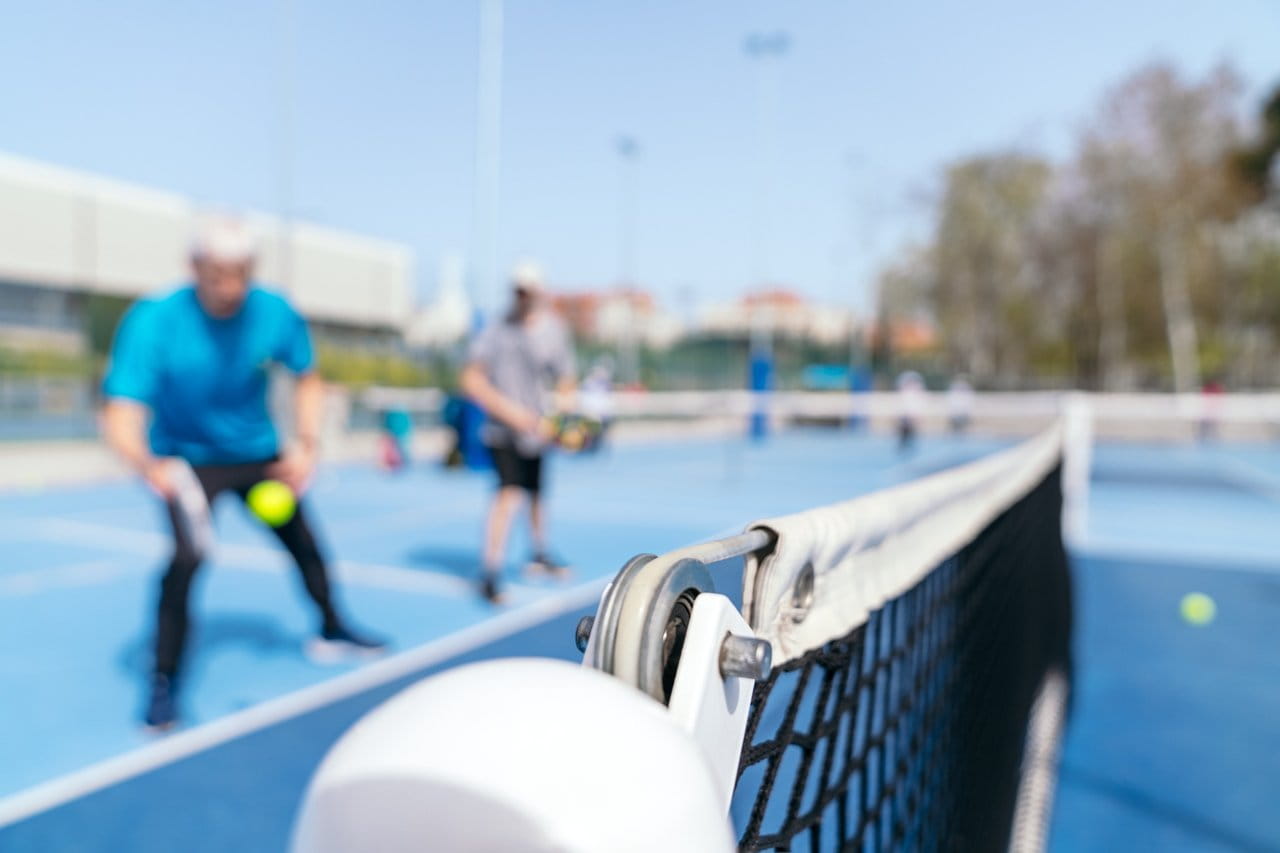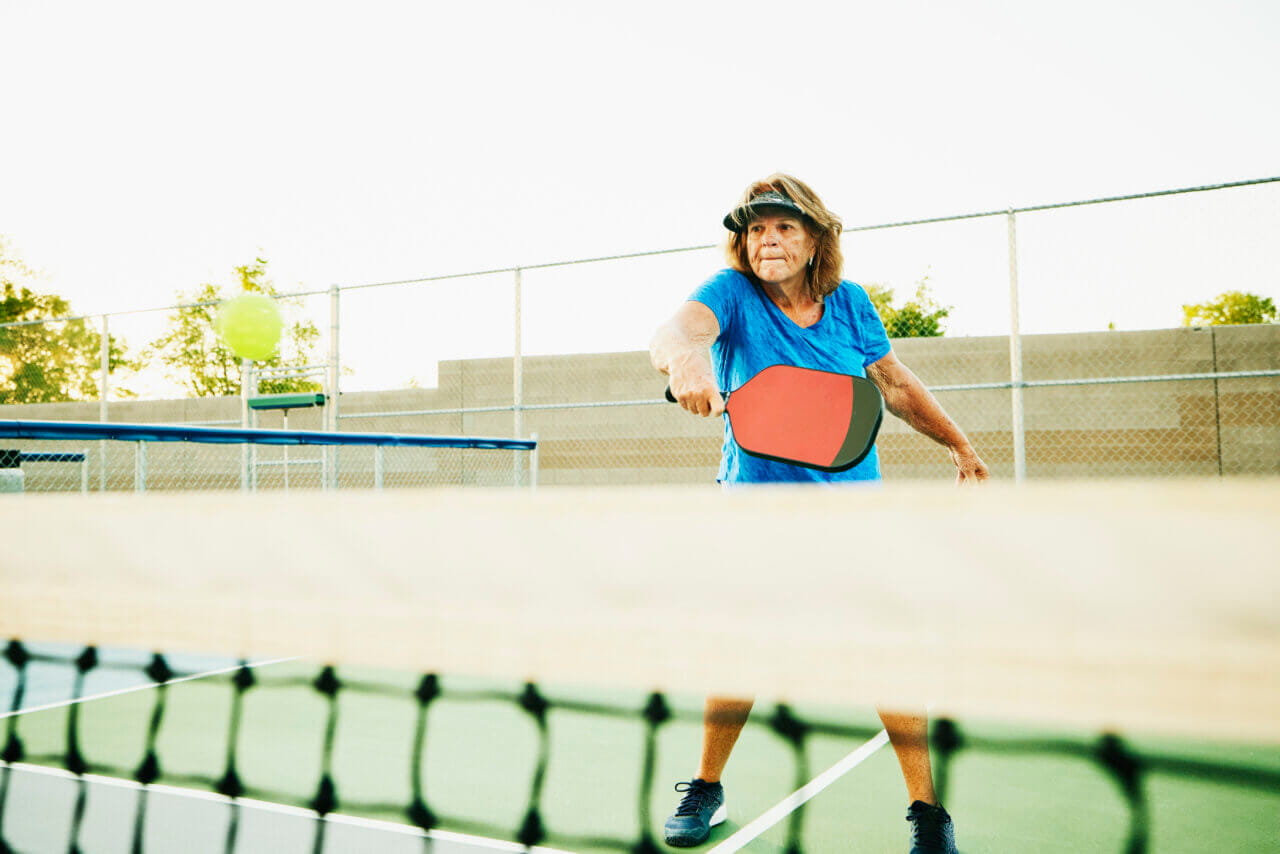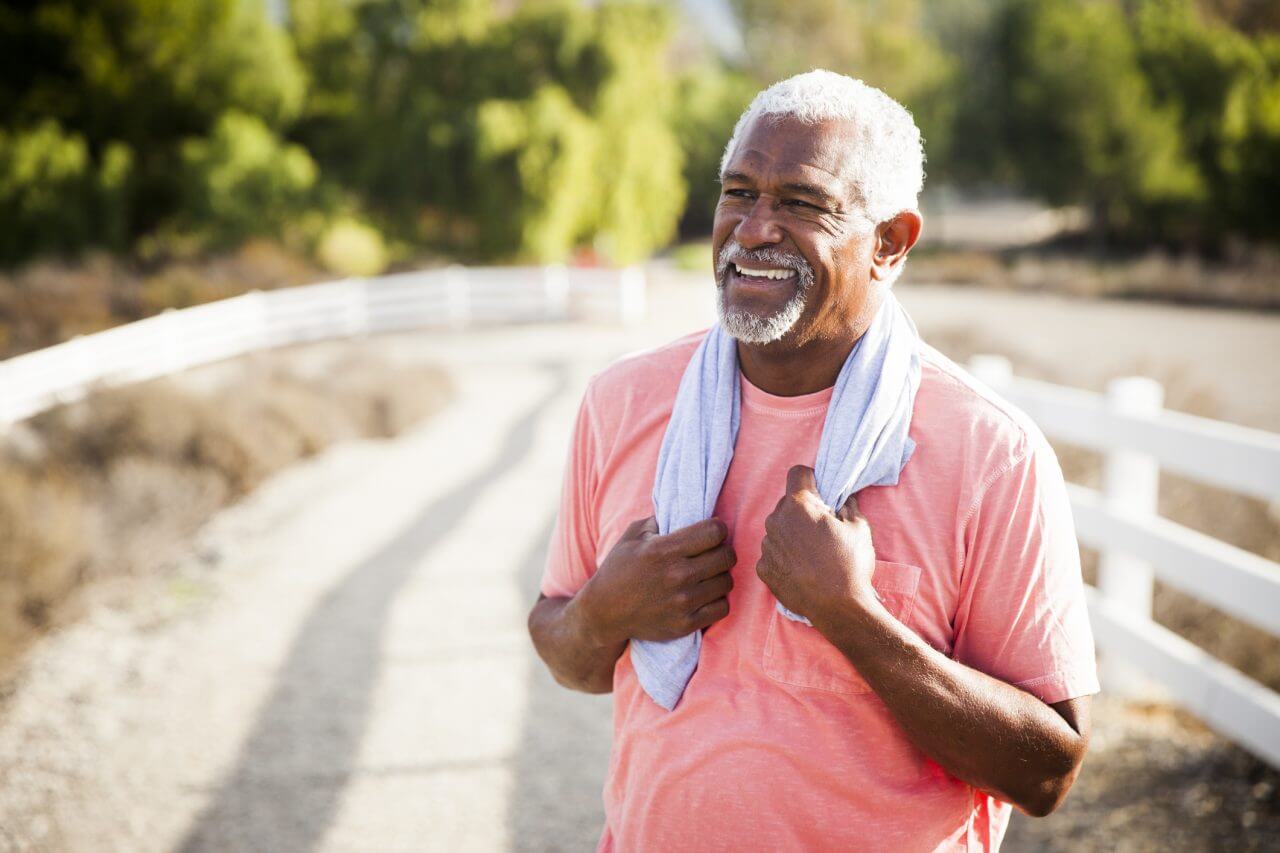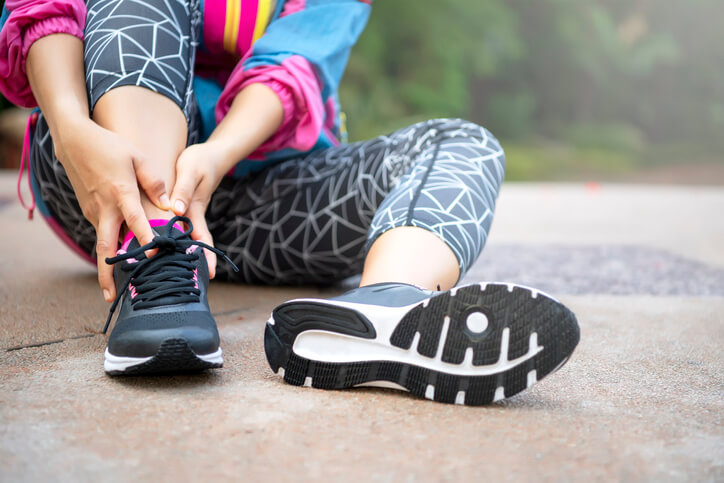Recognizing the Signs of Heat Exhaustion in Pickleball Players

One of the defining characteristics of pickleball — and a reason for the sport’s huge popularity — is its close-knit communities in which players genuinely care about one another. That concern about other picklers’ well-being can be especially important when playing matches in the summer heat.
Heat exhaustion is a potentially severe condition that can develop quickly and have significant health consequences. However, players can assist one another by recognizing its signs and encouraging appropriate actions.
This article explains the signs of heat exhaustion and what to do if you see symptoms in others or yourself.
What Is Heat Exhaustion?
Heat exhaustion develops when the body becomes unable to cool itself, and its core temperature rises. This serious condition produces unpleasant symptoms and, if left untreated, can lead to a life-threatening illness called heat stroke.
Heat stroke is a medical emergency, as the condition can damage the brain, heart, kidneys and muscles. Fortunately, spotting the signs of heat exhaustion early and taking action to cool the body can prevent it from evolving into heat stroke.
Heat Exhaustion Symptoms
How can you tell if your pickleball partner, opponent or any player is experiencing heat exhaustion? For starters, you can look for these outward signs:
- Cool, moist skin with goosebumps
- Heavy sweating
- Poor coordination from dizziness
- Fainting
If you notice any of those signs, you should ask the person if they are experiencing any of the following symptoms:
- Extreme fatigue
- Lightheadedness
- Nausea
- Vertigo
- Weak or rapid heartbeat
- Low blood pressure on standing
- Muscle spasms
- Migraine
How to Help a Pickleball Player Experiencing Heat Exhaustion
It’s crucial to understand that a person can’t “play through” heat exhaustion. The condition will worsen until they take action to address it.
If someone is exhibiting signs of heat exhaustion during a pickleball match (or at any time), you should have them stop playing immediately. You should also have them move to a cooler place, like a shaded area or an air-conditioned building.
Provide them with cool water or sports drinks, encouraging them to sip beverages slowly to reduce the risk of nausea. Encourage them to loosen or remove tight or heavy clothing. Apply cool, moist cloths to their skin or spray them gently with cool water.
Picklers: Reduce Your Risk of Heat Exhaustion
You can reduce your risk of heat exhaustion in several ways. First, schedule matches in the morning or evening when it’s cooler. If the temperature will be high throughout the day, consider rescheduling.
You should also hydrate by drinking a couple of tall glasses of water an hour before a match, sipping water throughout it and consuming plenty of water afterward. Sports drinks can help replenish electrolytes like sodium, potassium, chloride and magnesium lost as you sweat. Check the ingredients to ensure they align with your hydration needs and health goals, as some can be high in sugar, sodium, etc.
Be sure to take breaks as needed when playing pickleball in hot weather, and wear light-colored, loose-fitting clothing.
When To Seek Medical Attention for Heat Exhaustion
If you spot the signs of heat exhaustion early and encourage the person to take action, the condition can resolve on its own. However, if the symptoms worsen or don’t improve within an hour, the person should get medical attention. If they become confused or agitated, lose consciousness or can’t consume fluids, you should get them to an emergency room or call 911.
Part of avoiding heat exhaustion is understanding any limits on your play based on your overall health or medical conditions. Talk with your healthcare provider if you have questions or concerns.
If you don’t have a Baptist Health provider, you can use our online directory to find one.
Next Steps and Helpful Resources
Learn More About Sports Medicine at Baptist Health
Warm-Up and Cool-Down Routines for Pickleball Players
Benefits of Pickleball for Cardiovascular Health
Is Pickleball Good Exercise?
Health Benefits of Pickleball



